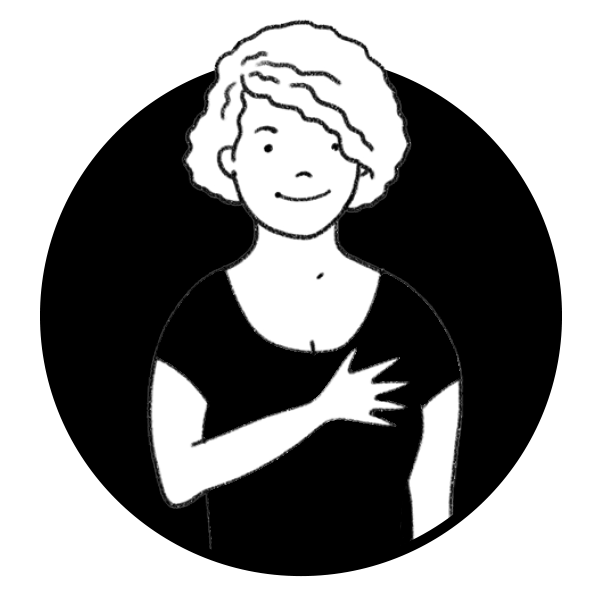The Hidden Brain Podcast is well worth a listen…
… and there’s one episode on cultural norms that’s pretty good.
Psychologist Michele Gelfand outlines her cross-cultural work on rule following and rule breaking. She identifies some cultures as being tight (think Switzerland) and some as loose (think places in Southern Europe)…
Loose cultures have fewer rules (and break them more readily). They are also more permissive, more likely to be tolerant, more likely to help a stranger who looks different. Tight cultures have more rules, and tend to follow them. They also have better health outcomes, more discipline, more goal orientation…
There isn’t a ‘better’ way to be, but there is a difference.
It’s interesting that tighter cultures tend to be those that have seen more threat (famine, weather events, invasion)… looser cultures have seen less threat. And tightness and looseness can depend on the ‘domain’ we are thinking about… so Turkey might be ‘loose’ when it comes to observing traffic rules, but tight when it comes to gender roles.
Why might this be interesting for qual research?
Well at the moment new tensions around tightness/ looseness abound: (and if we are under threat, we tend to tighten up, in fact we need to tighten up…) so anyone involved in ‘culture’ needs to be thinking about this…
But also, tightness/ looseness can exist within people’s personalities too – it can drive decisions and preferences, so it’s something we should be building into our models of analysis, how we think about brands, communication, decision making.
It even might also be an interesting ‘characteristic’ to build into research design…



